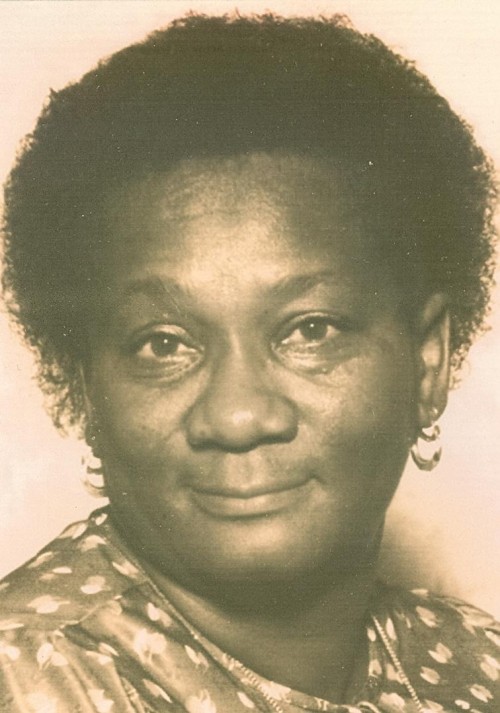"The Elephant Man" (Baton Rouge)
January 25, 2010
Octavia McCoy White
January 28, 2010The debate on raising the bar for school performance has two important lessons.
One lesson is that when the bar is raised, students and teachers rise to the challenge. We’ve seen that happen in the state’s decadelong experience with accountability. Schools get better. Students pass tests and learn more. At the end of the process, they get diplomas that mean something, and they have the prospect of a better life.
Another lesson of the debate: It’s hard to get school officials, much less politicians, to raise the bar, even a notch or two.
Maybe it’s the fear of criticism, as schools that fall short eventually can be taken over by the state’s Recovery School District. Maybe it’s a more deeply rooted objection to high-stakes testing; LEAP test scores are a major component of the performance scores that rate schools.
For whatever reason, demanding excellence seems a very hard thing to accomplish.
Fortunately, six members of the Board of Elementary and Secondary Education backed a proposal from state Education Superintendent Paul Pastorek to raise the bar for schools.
Under existing rules, schools have to score at least 60 out of about 200 to avoid state sanctions, including takeovers. The new rules raise the minimum score to 65 in 2011 and 75 in 2012. The proposal passed on a 6-3 vote.
“The one thing we know is when we raise expectations we get better results,” said BESE member Penny Dastugue of Mandeville.
She’s right. If anything, the bar could be higher. Dastugue’s colleague on BESE, Jim Garvey of Mandeville, noted that the minimum school performance scores would have been 85 or higher this year; scheduled increases in the standard were delayed because of the impact of the 2005 hurricanes.
The new standard is not some pie-in-the-sky aspiration. If anything, it’s not enough: A minimum score of 75 would mean that 48 percent of students in those schools are performing below grade level, noted board member Chas Roemer of Baton Rouge.
“Our state bar is so low we may stub our toe on it,” he said.
“What kind of message do we send to the rest of the country when we say our goal is to have half of our students at grade level?” he asked.
It’s a great question.
Still, even if there was some wailing and gnashing of teeth over the standard, the principle was established that Louisiana expects schools to get better. In industry, the process is called continuous improvement.
We believe schools need, and their students deserve, a zealous commitment to continuous improvement in educational outcomes.
– The Advocate, Baton Rouge, La.






